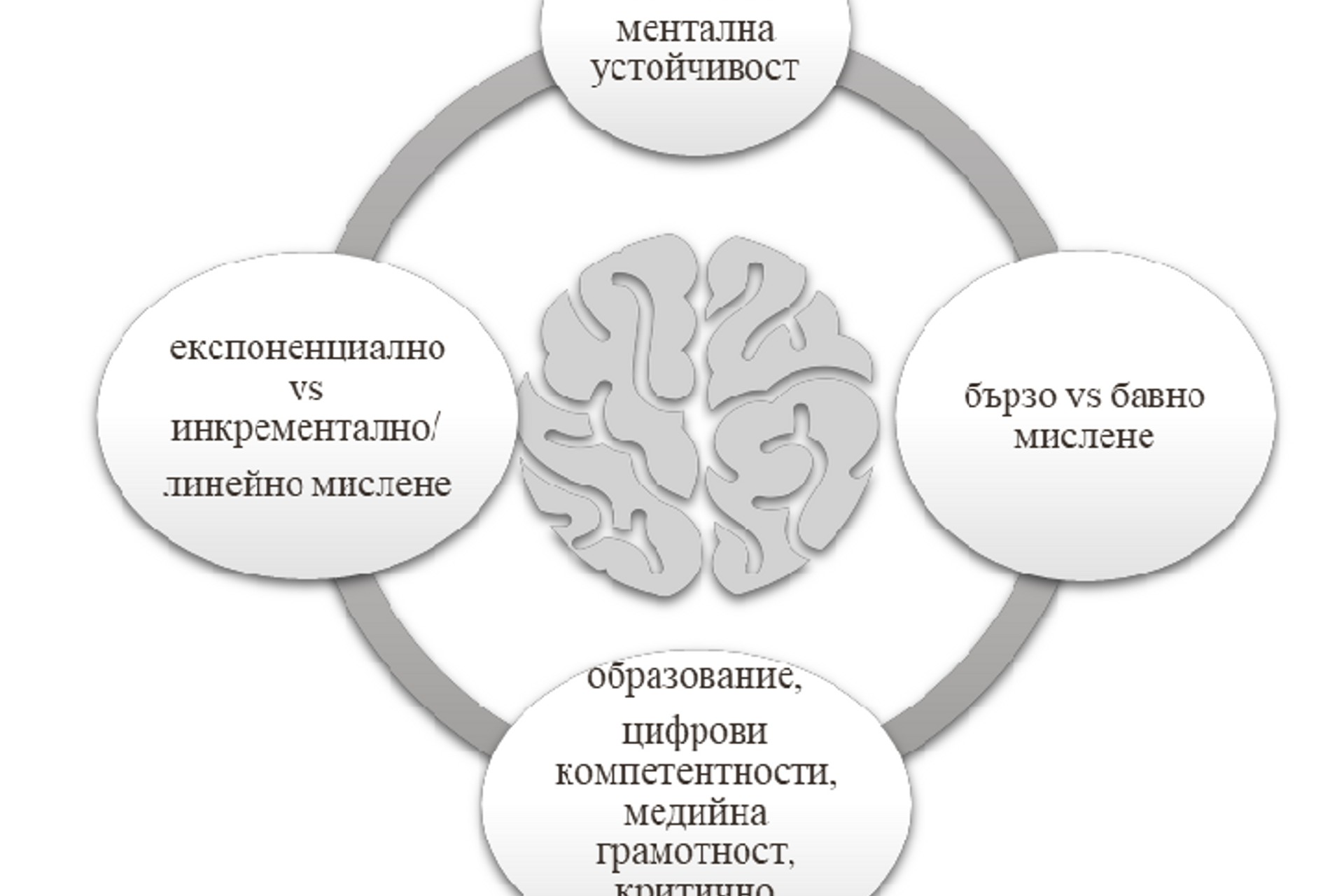Home > Publications > BUILDING RESILIENCE IN THE EUROPEAN UNION IN TIMES OF POLYCRISIS AND CHALLENGES IN THE COGNITIVE DOMAIN
BUILDING RESILIENCE IN THE EUROPEAN UNION IN TIMES OF POLYCRISIS AND CHALLENGES IN THE COGNITIVE DOMAIN
03.04.2024
ByAssist. Prof. Monika Panayotova, PhD, Vice President of the Sofia Security Forum

This aim of this publication is to draw attention to the need to build resilience in
the societies and Member States of the European Union in times of “polycrisis” and
challenges in the cognitive domain. Following an analysis of global risks and hybrid
threats, as well as the emergence of artificial intelligence in today‘s communication and
security environment, certain recommendations and conclusions are drawn to enable the
EU to exploit its potential to be a “multidimensional power”, overcoming non-kinetic
challenges to vulnerabilities in democratic societies, citizens‘ minds and emotions. In
this research, a range of political science analysis methods were employed. In addition,
the “mind maps” technique of the British psychologist Tony Buzan was implemented by
enabling the synthesis of ideas through visual representations. On the eve of the European
elections in 2024, the publication draws key conclusions and recommendations for
overcoming the challenges of desinformation, perception management and psychological
manipulation, which undermine trust in democratic institutions and prevent decisionmakers
from countering them. These include: building resilience through education,
media literacy, critical thinking, digital competencies, mental toughness; the ability
to think not only fast but also slow; the application of exponential design to strategic
thinking; multilateralism and close cooperation with NATO.
https://www.ceeol.com/search/article-detail?id=1215198
